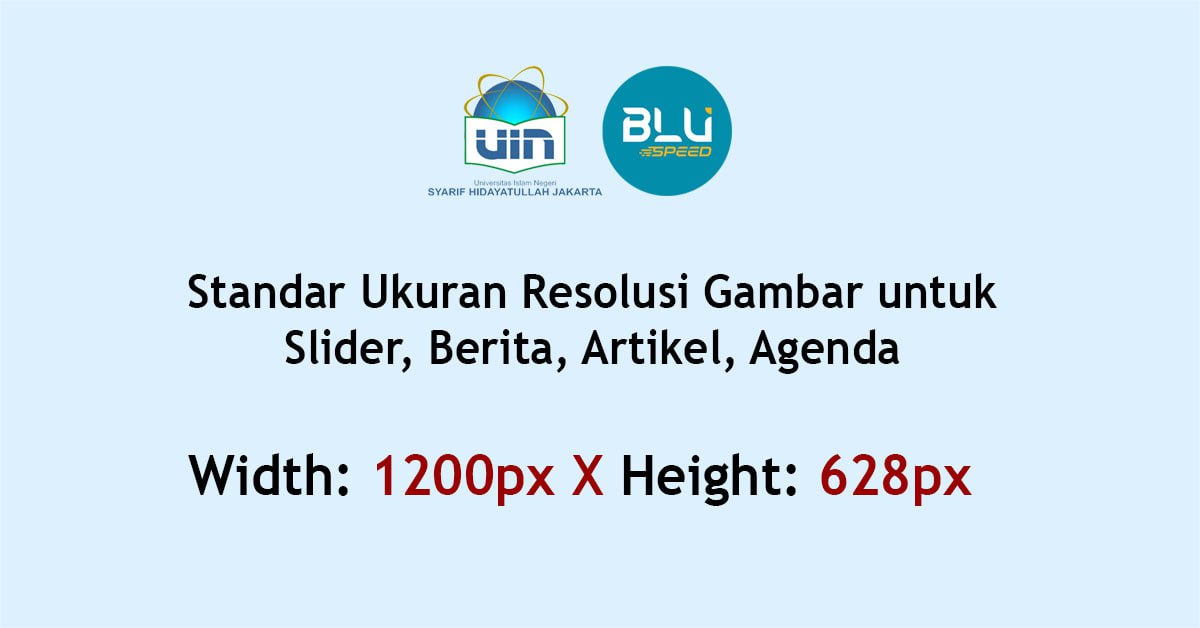Studium Generale: Agrarian Issues in Indonesia: Constitutional and Islamic Perspectives
FISIP Online, Faculty of Social and Political Sciences, UIN Syarif Hidayatullah Jakarta is holding a Studium Generale which will be held on Tuesday, 23 May 2023 at 10.00 – 12.30 WIB. This event took place in the Madya Hall of FISIP UIN Jakarta and was attended enthusiastically by Sociology Study Program students and members of the FISIP UIN Jakarta academic community. The theme of this event is "Agrarian Issues in Indonesia: Constitutional and Islamic Perspectives".
Appearing as a speaker at the Studium Generale was M. Shohibuddin, M.Si (Lecturer and Researcher at the Center for Agrarian Studies, IPB). The event began with remarks and introductions from the Dean of FISIP UIN Jakarta, Prof. Dr. Dzuriyatun Toyibah, M.Si., MA. Meanwhile, acting as moderator was Fathun Karib, M.Si (Lecturer at FISIP UIN Jakarta) with his characteristically enthusiastic demeanor.
Dean of FISIP UIN Jakarta Prof. Dr. Dzuriyatun Toyibah, M.Sc., MA in his introductory speech said the importance of this event for students of the Sociology Study Program, especially to see Agrarian issues in Indonesia from an Islamic perspective. This, of course, is very relevant, the Sociology Study Program at FISIP UIN Jakarta has its unique characteristics regarding the integration of science and Islam.
Then the event continued with a presentation by speaker M. Shohibuddin, M.Si. He explained by quoting one of the results of the 2017 NU Alim Ulama National Conference, the necessity of Land Redistribution, namely that the State can give land (iqtha') to people who need it, either in the form of property rights (tamlik) or use rights (ghayr tamlik) and the land area is based on the recipient's abilities and fulfill a sense of justice."
Agrarian Waqf itself is the action of waqf actors and initiators to create waqf assets which are mainly in the form of land by explicitly pledging land use, production systems, and access to its benefits for purposes such as agricultural businesses or productive economic businesses in the context of realizing economic prosperity and social benefits. others, explained Shohibuddin.
After the resource person gave his presentation, a question and answer session was opened for the students. They seemed very active in asking questions to the resource person and were enthusiastic from the start of participating in this studium generale. The event closed with giving souvenirs to the speakers and giving book prizes to students with the best questions.

